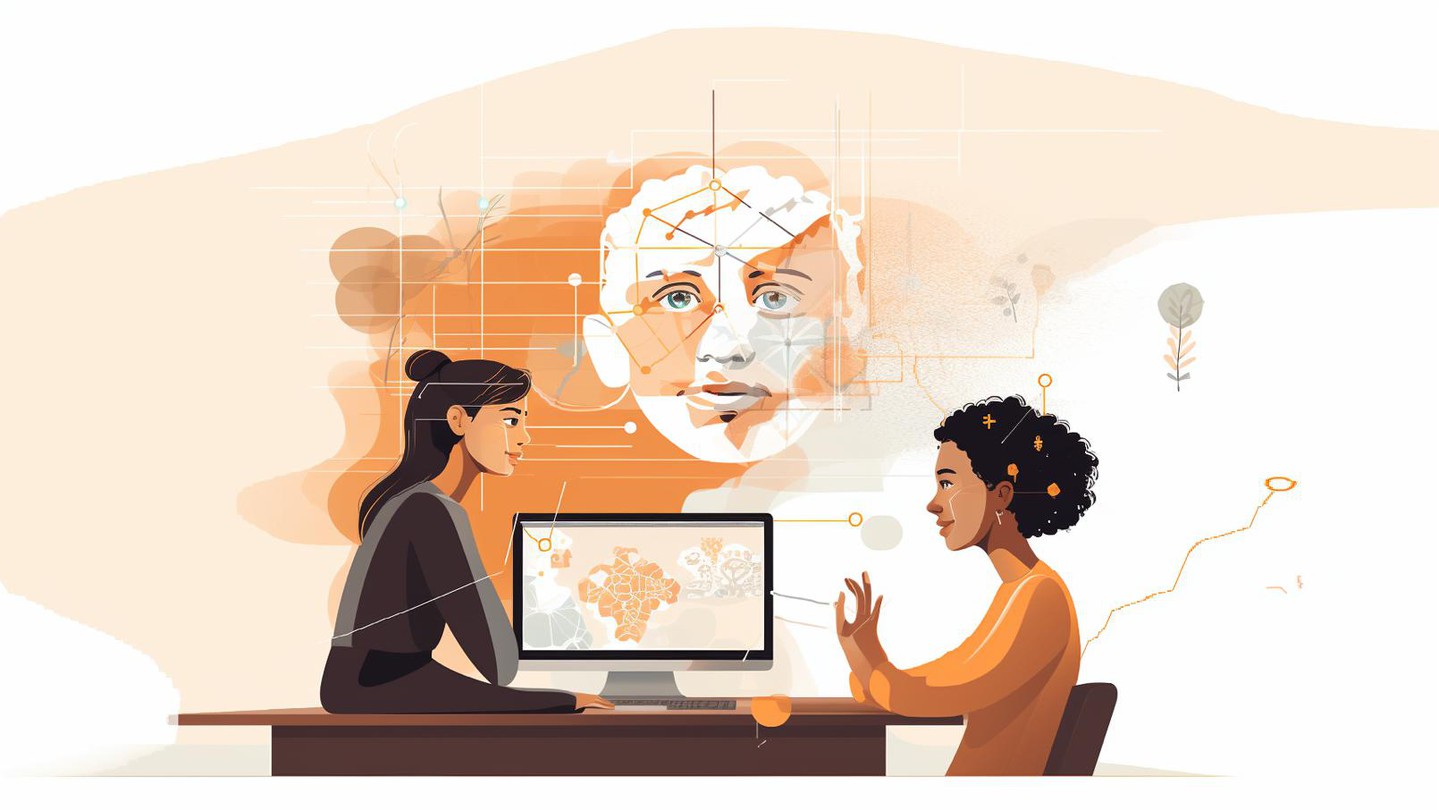A team consisting of researchers and experts in digital education, including Dr. Sunny Avry, Prof. Francesco Mondada, Grégory Liégois, Elliot Vaucher, Felipe Martinez, and Dr. Jessica Dehler Zufferey, delved into the use of ChatGPT by teachers in public high schools and private institutions in the canton of Vaud. Conducted between February 22nd and March 22nd, 2023, in collaboration with the Direction Générale de l’Enseignement Postobligatoire and the Association Vaudoise des écoles privées, this pioneering survey in the region gathered insights from 931 teachers in public high schools and private schools in the canton.

The results reveal that 98% of the surveyed teachers are familiar with ChatGPT, and 52% of them have already used it. Among those who have used ChatGPT, 24% have done so as part of their teaching, primarily for lesson preparation. On the other hand, among the teachers who have not used it, reasons cited include a lack of time, interest, or need, as well as concerns about personal data sharing with OpenAI, the profit-oriented company behind ChatGPT.
« Teaching is primarily a profession based on relationships, and ChatGPT cannot replace the human relationship between teacher and student. »
Faced with the introduction of this tool, teachers experience primarily an increased sense of responsibility (56%), followed by fear (43%) and awe (34%). While ChatGPT impresses with its ability to perform certain tasks, it is important for teachers to consider ways to mitigate its potential negative impacts on education.
For example, most teachers believe that ChatGPT can facilitate cheating (87%), which calls for a review of evaluation methods (78%). They also believe that ChatGPT will not assist them in their work (74%) and does not promote student learning (55%). In the comments section of the survey, one teacher stated, « Teaching is primarily a profession based on relationships, and ChatGPT cannot replace the human relationship between teacher and student. »

Seeking Information Rather Than Prohibition
However, the idea of banning the tool in schools is rejected by 76% of the surveyed teachers. Another teacher expressed, « It is neither possible nor desirable to completely ban ChatGPT in schools. Such a prohibition could deepen social inequalities and encourage students to circumvent the rules. » Moreover, over half of the teachers believe that students should be taught how to use ChatGPT in schools.
In parallel, 76% of the teachers expressed a desire to receive information and training on ChatGPT, particularly regarding its pedagogical use. As for the preferred formats for these training sessions, teachers mostly opt for PDF documentation, video tutorials, and in-person training.
The findings of this study have the potential to serve as a basis for guiding future decisions and initiatives regarding the training and support of teachers in the use of AI, enabling them to navigate an ever-evolving digital environment and make the most of these new tools.
The Center LEARN at EPFL has already collaborated with various institutions in this regard and is available for the development of research projects and training programs aimed at supporting teachers in this digital transition.
- For more information, visit the Artificial Intelligence in education initiative page on the Center LEARN website.
- Read the full report for private schools here.
- Read the full report for public high schools here.
